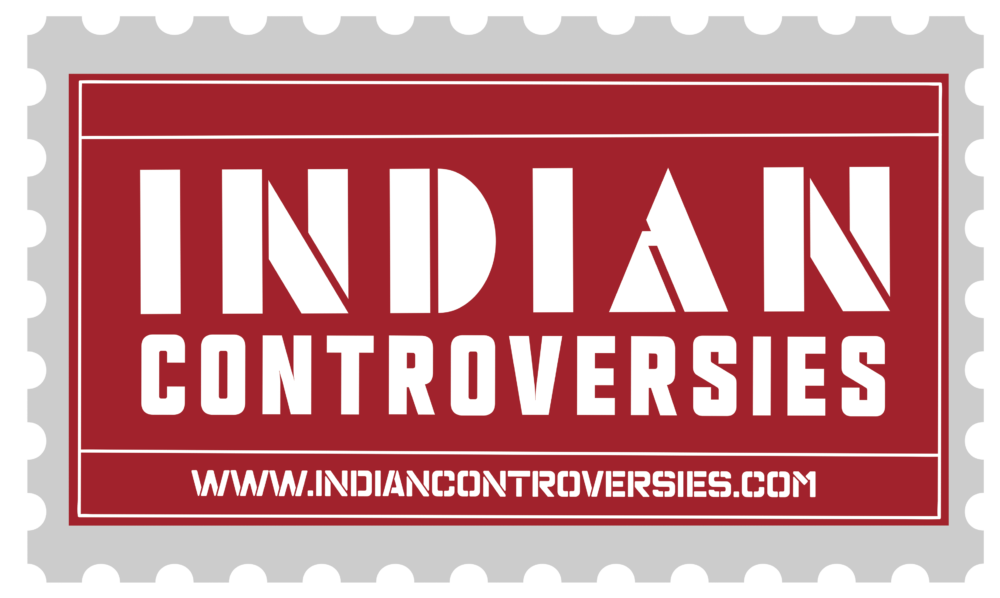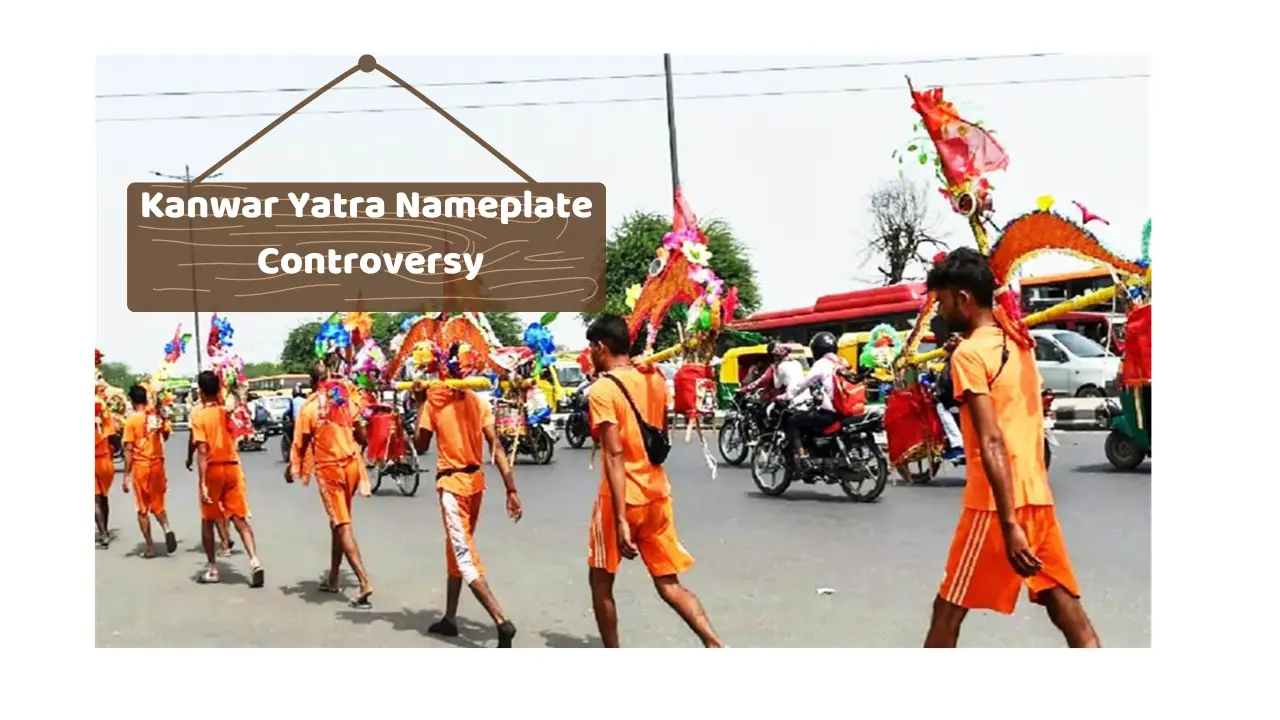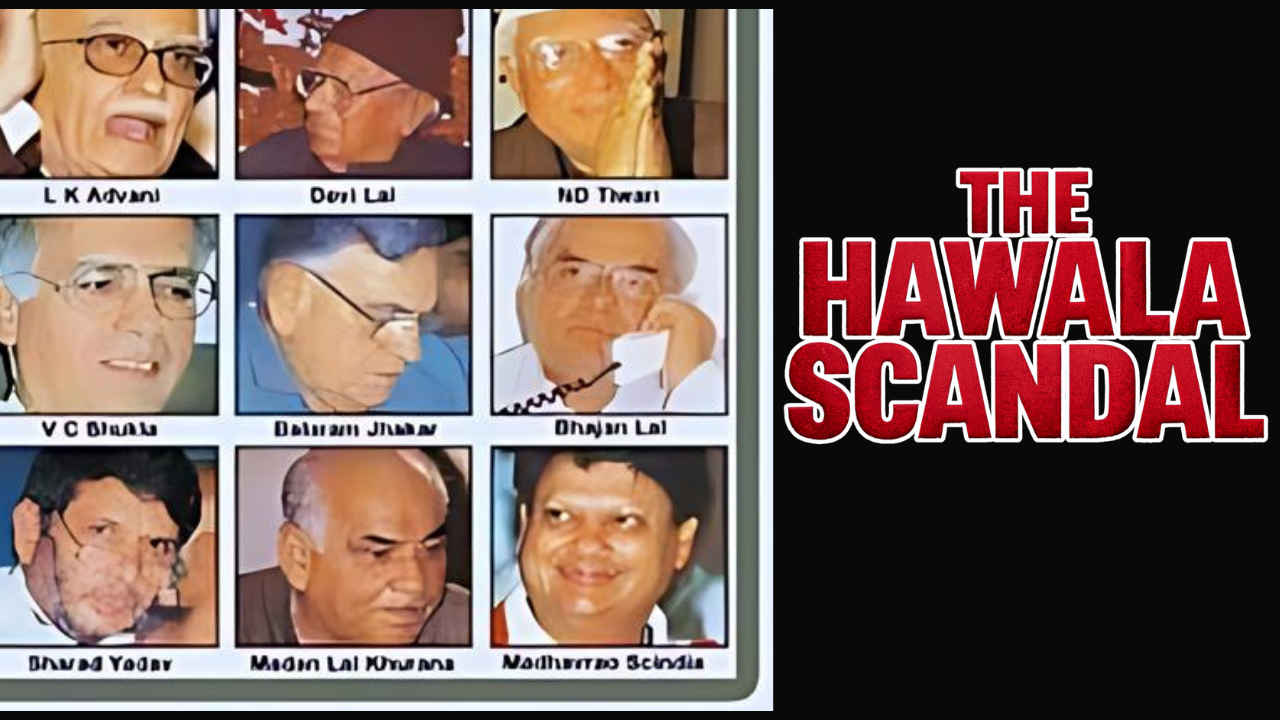Evolution and Historical Context
Islamic law is the source of the notion of waqf, which refers to properties set aside for religious or humanitarian purposes. Over the years, these assets have been vital in providing support for a variety of social and religious activities in India. Waqf properties are important, and the British colonial government recognized this by enacting rules governing them. To address new issues and streamline the management of these properties, the Waqf Act, 1954 was first enacted. Later, the Waqf Act, 1995, took its place.
The composition and operation of Waqf Boards
Central Waqf Council: Created in accordance with the Waqf Act of 1995, the Central Waqf Council is a statutory body that counsels the Central Government regarding the effective management of waqf properties and the operations of State Waqf Boards. Additionally, the Council gives State Waqf Boards financial support for the creation of welfare programs and waqf properties.
Waqf Boards at the State Level
The management and administration of waqf properties within each Indian state is the responsibility of the state’s Waqf Board. These boards are made up of individuals selected by the state government, including experts with backgrounds in law, finance, administration, and other pertinent professions, as well as representatives from the Muslim community.
Accountabilities and Authority
Waqf Boards oversee the appropriate administration and development of waqf properties, including upkeep, use, and leasing of properties to raise funds for charitable and religious purposes.
Survey and Registration: To guarantee correct registration and defense against encroachment, they carry out surveys and keep records of waqf properties.
Financial Oversight: They keep an eye on the waqf institutions’ finances, which includes checking accounts, making sure money is used appropriately, and stopping mismanagement.
Legal Action: Waqf Tribunals may be used to handle complaints pertaining to waqf properties and to bring legal action to reclaim encroached properties.
Obstacles and Remarks
Corruption and Poor Management
Corruption and poor administration within the Waqf Boards are serious issues. Various audits and investigations have brought to light issues like theft of cash, illegal leasing of assets, and lack of transparency in transactions.
Intrusion and Legal Conflicts
The problem of encroachment on waqf properties never goes away. Ownership and management-related legal conflicts can result in protracted litigation, which makes it more difficult to use these properties effectively for the intended purposes.
Political Power
Political factors can occasionally affect how Waqf Boards operate, which can have an impact on their efficacy and independence. The integrity of waqf administration can be undermined by political intervention, which can result in partiality and biased decision-making.
Public Opinion and Interpersonal Conflicts
In certain places, communal tensions have been exacerbated by the belief that the Waqf Act, 1995, is being utilized to unlawfully claim properties belonging to non-Muslim populations. It is essential to address these misconceptions through equitable and transparent management in order to preserve societal harmony.
Reforms Are Necessary
Revisions to the Waqf Act of 1995 have been called for in light of the difficulties and objections. Among the recommendations are:
Boosting Oversight procedures: Improving oversight procedures will guarantee increased accountability and openness in the administration of waqf properties.
Enhancing Governance: Implementing strategies to enhance Waqf Boards’ governance framework, such as designating experts in pertinent subjects.
Rapid Dispute Resolution: To lessen the cost of drawn-out litigation, fast-track procedures for settling disputes involving waqf properties should be established.
Public Awareness: Educating the public about the Waqf Act, 1995’s provisions as well as their rights and obligations with relation to waqf properties through awareness campaigns.
Examples and Case Studies
The problems with waqf properties have been brought to light by a number of well-known cases:
Delhi’s Dargah Hazrat Inayat Khan: The need for strict control is shown by the problems with encroachments and illicit leasing that this old waqf property has experienced.
Waqf Boards for Sunnis and Shias in Uttar Pradesh: Numerous conflicts regarding the ownership and administration of waqf properties have occurred in the state, which is indicative of larger difficulties Waqf Boards have throughout India.
We can better grasp the practical difficulties and intricacies associated with managing waqf properties by looking at these case studies.
A crucial piece of legislation that has a big impact on how waqf properties are managed in India is the Waqf Act, 1995. It provides a framework for orderly management and legal protection, but in order to be implemented successfully, mismanagement, encroachment, and political meddling must be addressed. Waqf properties must be subject to ongoing evaluation and reform, as well as greater public knowledge, to guarantee that they fulfill their intended functions in a just and equitable manner.





